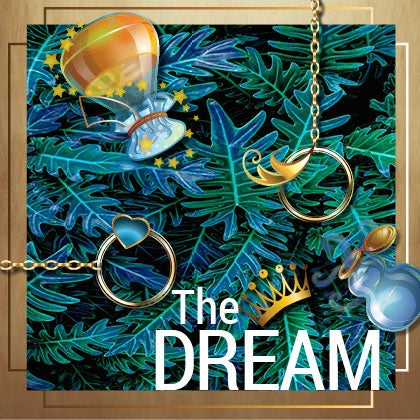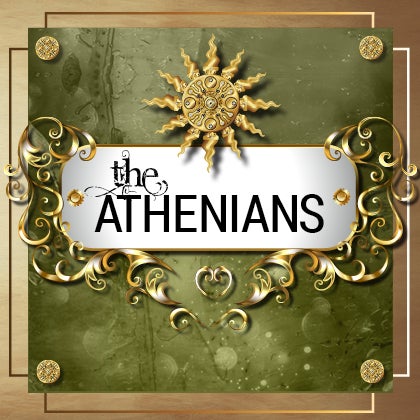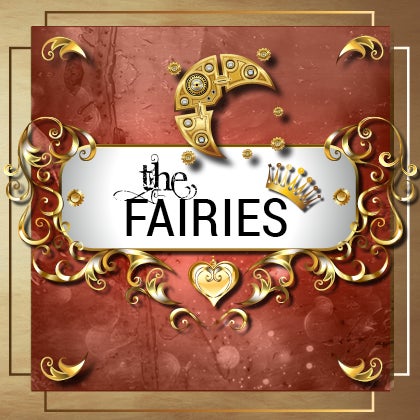The Bard
William Shakespeare (1564-1616)
Why is it that this English playwright, who lived over 400 years ago, continues to have his works performed, studied, loved, and emulated? From the universal characters he created to the stories that have become woven into the fabric of popular culture, (even the words and phrases he coined!) William Shakespeare's work lives on today.
Use this page to spark your interest about Shakespeare. Learn how performers dive into this work with Mini-Masterclasses from the incredible FSU/Asolo Conservatory for Actor Training Graduate Students; investigate the history of The Bard's work (and his life) and decide for yourself why Shakespeare is still so popular today.


Bringing The Bard to Life!
Performing with Punctuation
Shakespeare wrote his plays in a way that allowed performers to find clues in his text. Everything that they need to help them create their characters and to tell the story was written right into the script. In this Mini-Masterclass, Alex Benito Rodriguez (Theseus/Titania, FSU/Asolo Conservatory Class of 2020), shares how to use one of these clues---Punctuation--to better understand the meaning of the words.
Want to try it on your own? Use the video and THIS WORKSHEET as your guide!
Awesome Alliteration
Why in the world would Will work with words starting with the same sound? Shakespeare used alliteration as a device in his plays and sonnets to emphasize phrases and to connect with the audience. Join Kaitlyn Weickel (Nicki Bottom, FSU/Asolo Conservatory Class of 2020) as she walks through the ways you can use alliteration to uncover more about the characters in Shakespeare's plays.
Want to try it on your own? Use the video and THIS WORKSHEET as your guide.
Walking Out Shakespeare
Ever been confused by the actions or thought-processes of one of Shakespeare's characters? In this video, Jonathan Grunert (FSU/Asolo Conservatory Class of 2020) shares some tips for how you can get a better understanding of where a character's train of thought is heading--by getting on your feet!
Want to try it on your own? Use the video and grab a Shakespearean soliloquy and take it for a walk.


Stories of Olde
Shakespeare may be one of the most commonly produced playwrights today, but how has the art of theatre changed since his plays were first performed?
Theatres often modernize storylines, change settings, even adjust language, in an effort to make these historical texts more accessible for today's audience. For example, last year, Asolo Rep On Tour's production of Romeo and Juliet was set in the 1990's in a high school, not in 1500's in Verona, Italy.
A major difference in the artform are the performers onstage. Modern adaptations of Shakespeare look very different from Elizabethan productions.
LISTEN IN: Alex Benito Rodriguez (Theseus/Titania, FSU/AsoloConservatory Class of 2020) discusses Elizabethan actors and the way that his current role of Titania is a close reflection of the Elizabethan theatre practices.

Interrogating The Bard
 Asolo Rep has been presenting Shakespeare's plays as part of our educational tour for more than 10 years. Further, Shakespeare has remained the most popular playwright in the world for over 400 years.
Asolo Rep has been presenting Shakespeare's plays as part of our educational tour for more than 10 years. Further, Shakespeare has remained the most popular playwright in the world for over 400 years.
As artists, every time we work on a new production, we must ask ourselves -why we should perform this play and how does it apply to our world right now?
We believe that Shakespeare is still incredibly relevant, impactful, and most importantly, just great art. But that doesn't mean his work is perfect. Join us as we continually interrogate Shakespeare’s relevance to modern times.
Want to dig deeper? Check out the "Why Shakespeare?" Video Series from our friends at Oregon Shakespeare Festival and answer the questions below.
-
THINK ABOUT IT: Why Are We Still Performing Shakespeare?
-
- What has Shakespeare contributed to our modern society and the English language?
- Why do you think theatres around the world continue to present Shakespeare's work?
- If you have seen a Shakespearean play before, what in it did you find relatable/applicable to your life?
- What problems do you think might occur when presenting a play that was written 400 years ago?


